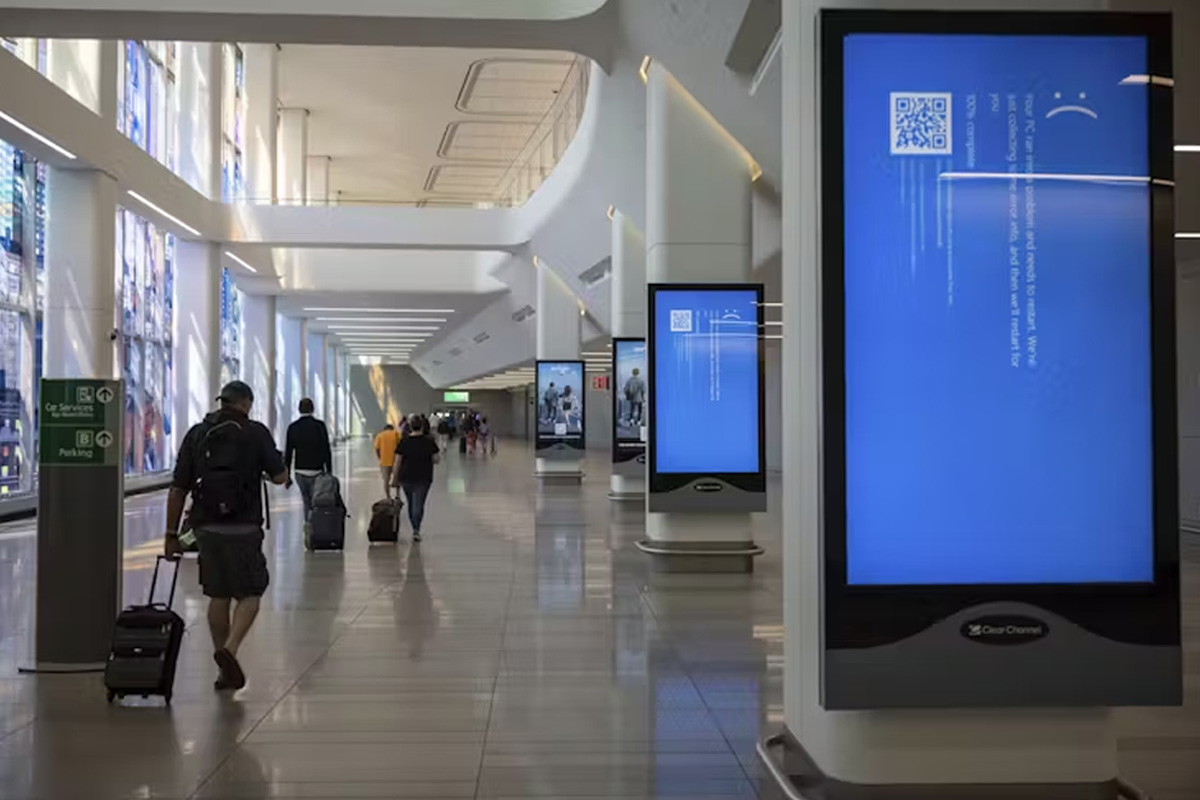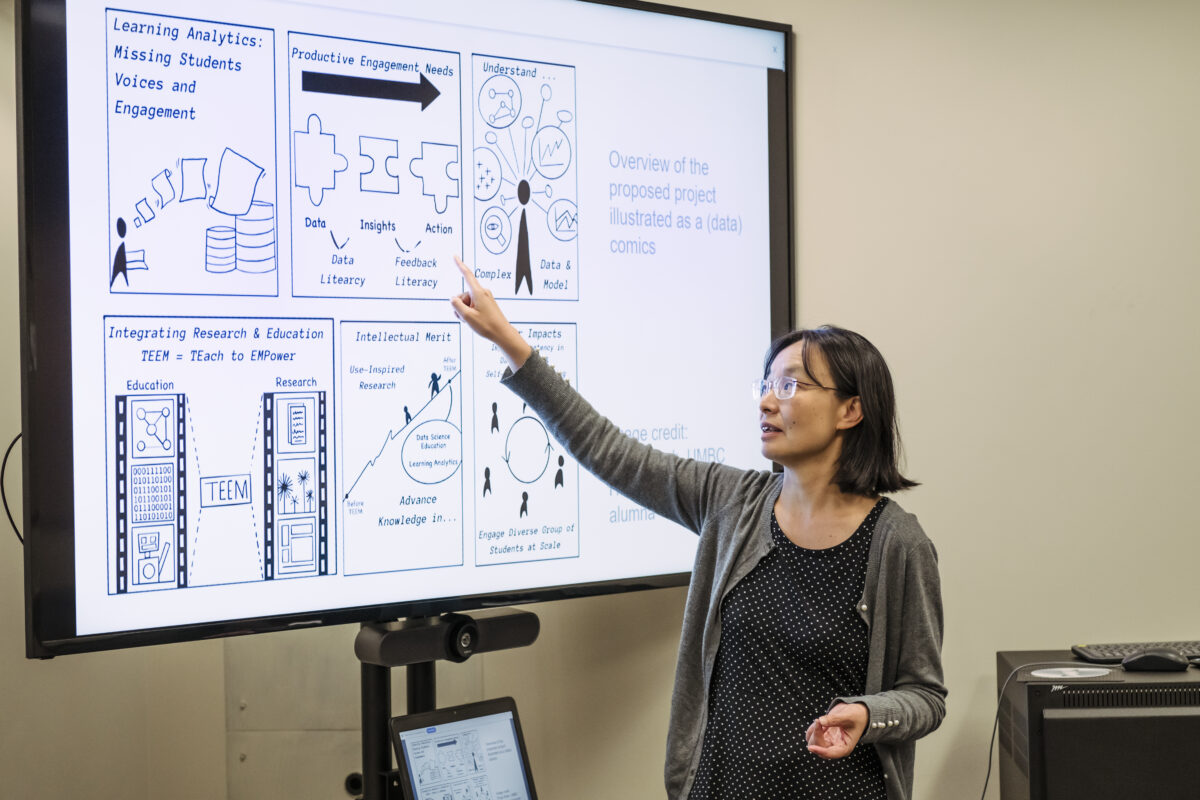UMBC announced last week a $7.9 million contract with the Defense Advanced Research Projects Agency (DARPA) to develop technology that would dramatically reduce the time and space needed to manufacture biologics, such as insulin, and make them more accessible in the field.
“This project,” says Govind Rao, the principal investigator and director of UMBC’s Center for Advanced Sensor Technology (CAST), “will completely revolutionize the manufacture of biologics.
Today, protein based drugs, which are used in the treatment of diabetes, cancer, and rheumatoid arthritis, among others, are made using cells suspended in large, stationary, tanks of several hundred liters or more of culture medium. Targeted proteins are recovered from the cells, purified, stabilized, put into delivery devices, and shipped out to the patient population. All told, the process is extremely expensive, complicated and takes a several weeks complete.
The proposed prototype would speed up the expression of the protein, producing it more quickly and efficiently by using a cell-free system. In a nutshell, the proposed device would produce, purify and quantitatively determine the purity of the ready-for-delivery therapeutic protein in a few hours using only a few liters of water.
“The new technology,” says Rao, “would essentially shrink the biotech company’s footprint to the size of a small laptop computer, carried in a backpack, housing all the elements necessary to express, purify and analyze any target protein.”
Although the technology is being researched and developed for DARPA, it could eventually be produced for the civilian patient population.
Collaborators are: Thermo Scientific Inc., The Ohio State University (OSU), Pfizer Inc., US Food and Drug Administration and Latham BioPharm Group, Inc. (LBG).
UMBC
UMBC combines the emphasis on teaching found at the best liberal arts colleges with the innovation of a research university. Our 13,000 undergraduate and graduate students come from more than 150 countries and take full advantage of the educational, business, cultural and recreational resources of Baltimore and Washington, D.C. UMBC students work alongside faculty who are leaders in their fields; think about the hard questions of society, science and creative expression; and then move beyond the classroom to make a difference. The Carnegie Foundation ranks UMBC in the category of universities with high research activity. UMBC is a member of the University System of Maryland and is accredited by the Middle States Association of Colleges and Secondary Schools.
The views expressed are those of the author and do not reflect the official policy or position of the Department of Defense or the U.S. Government.
Tags: COEIT



